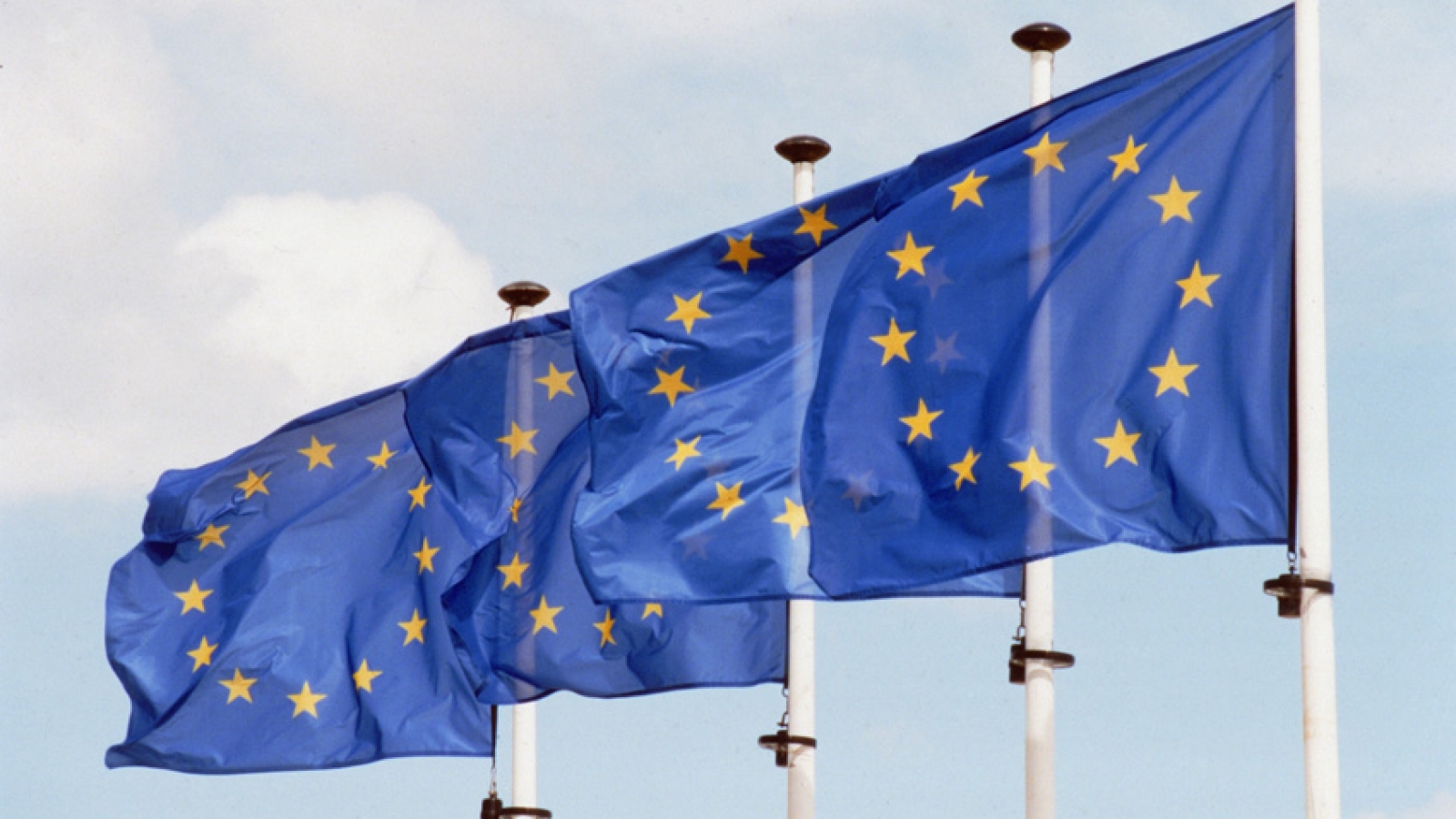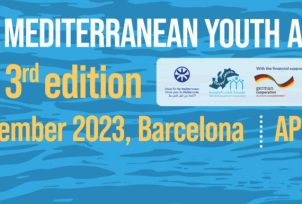EU-Egypt climate cooperation can help boost both decarbonisation and growth

The economic relationship between Egypt and the EU has never been stronger. Bilateral trade quadrupled from €8.6 billion to €37.2 billion over the last twenty years, and the EU accounts for 22% of Egypt’s overall trade flows.
In this era of grave challenges, Egypt and the EU also agreed this January to intensify joint efforts in a range of strategic areas – including climate change. Egypt’s role as a regional leader can inspire others towards decarbonisation and demonstrate that green investment can go hand-in-hand with economic stability and growth.
In Europe, having already reduced greenhouse gas emissions by a third between 1990 and 2022, we are working towards an interim target of a 55% emissions reduction by 2030. Last week, the European Commission outlined further pathways to reach a 90% reduction by 2040 compared to 1990. And the EU has legally committed to achieving carbon neutrality by 2050.
As part of that commitment, we identified carbon pricing as an important and efficient instrument to spur the drive to net zero, in line with the polluter pays principle. We welcome that over 50 jurisdictions around the world also use some form of carbon pricing and that an ever-growing number are considering carbon taxation options.
Global decarbonisation requires significant changes for society and all industry, in particular energy intensive sectors. In the past, we helped EU industry adjust by issuing free allowances to certain energy intensive sectors under our Emissions Trading System. These allowances are now being phased out at a faster rate, in particular for the most energy intensive sectors where they will be completely phased-out by 2034.
But if our own mitigation tools are to continue performing, emissions shouldn’t simply be reproduced elsewhere. We must avoid the risk of carbon leakage. That’s where the EU’s Carbon Border Adjustment Mechanism (CBAM) comes in.
[…]




























 Syria
Syria 





